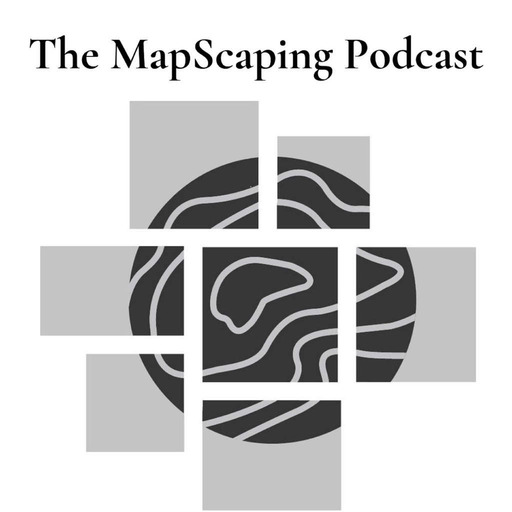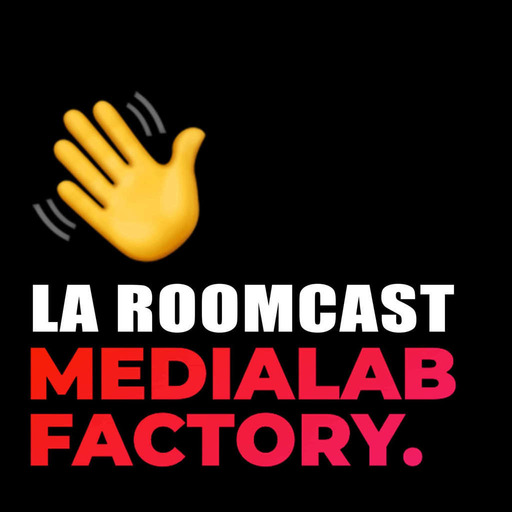Refactoring the Way you Talk About your geospatial skills: It is Costing you Money
Some of the key topics in this episode
1.Our Geospatial Skills and Marketability: There's a realization that while our traditional geospatial skills are valuable, they might not always be marketed effectively to match the broader IT and data analysis job markets. We discuss the benefit of framing our skills in terms that are more widely recognized outside the niche of geospatial technology, such as data science or IT.
2.The Spatial Discount: We explore the concept of the spatial discount, which refers to the observation that geospatial professionals might face a disparity in compensation compared to their counterparts in more generalized IT roles, despite having highly transferable and valuable data manipulation skills.
3. Skill Development and Adaptation: The importance of continually developing skills that are not only advanced within the geospatial domain but also marketable across various sectors is emphasized. Learning and mastering technologies that have broad applications, such as SQL for spatial data manipulation, can enhance our versatility and marketability.
4. Communication and Marketing Skills: Our ability to effectively communicate and market our skills is highlighted as crucial for career advancement. We are encouraged to adopt the language and terminology that resonate with broader industries and potential employers, moving beyond the jargon of the geospatial field.
5. Finding Value in Our Geospatial Work: The discussion also touches on the importance of identifying and articulating the real-world value of our geospatial work. We should focus on how our skills can solve practical problems and address the needs of businesses and organizations, rather than solely on the technical complexity of our tasks.
6. Professional Development: Lastly, the conversation advocates for a proactive approach to our professional development, suggesting that we should seek out opportunities to learn new skills and technologies that align with market demands and personal interests.
These points collectively suggest a strategy for us, as geospatial professionals, to enhance our career prospects: by broadening our skill sets, effectively marketing our capabilities, and aligning our work with the needs and language of the wider IT and data analysis fields.
Connect with Brain Timoney on LinkedIn
Thank you to our sponsors
Recommended Listening
Getting Where You Want To Go In Your Geospatial Career


 Emissions
Emissions







